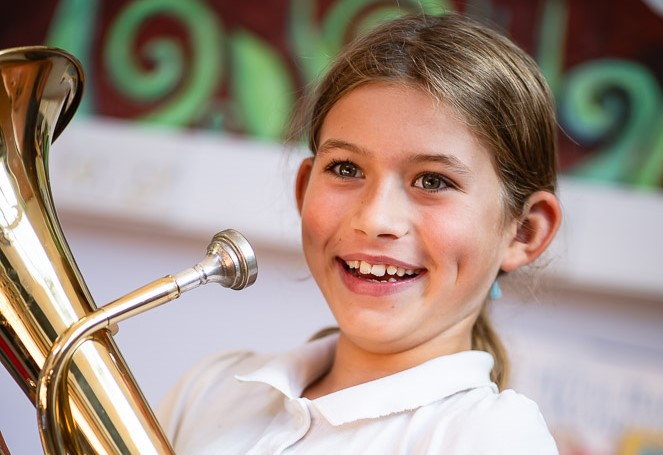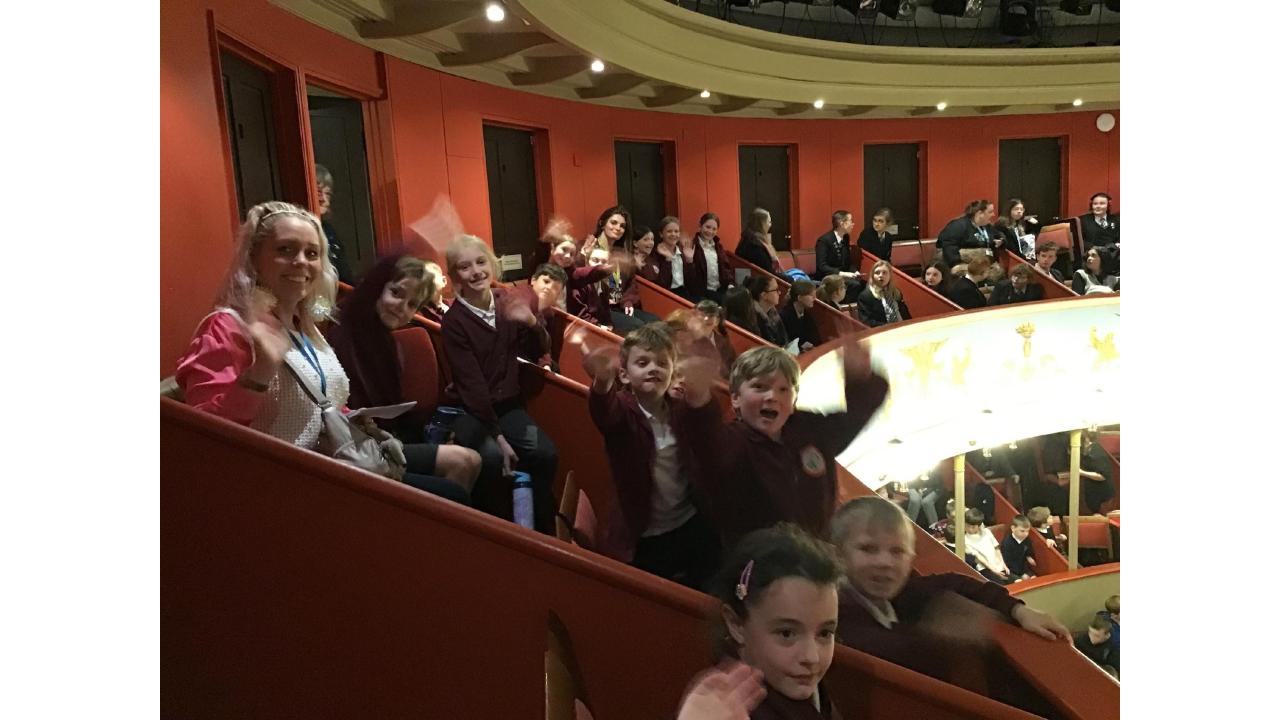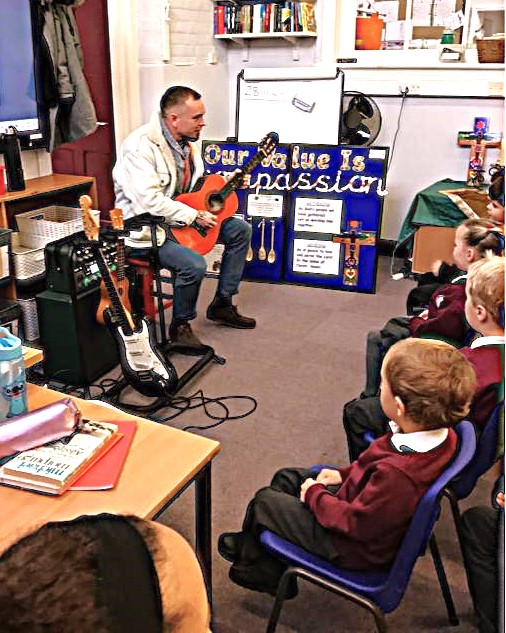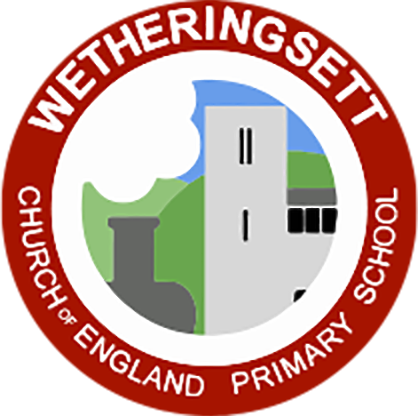Music

INTENT
At Wetheringsett C of E Primary School, our intent is to provide an integrated, practical, exploratory and child-led approach to musical learning. We aim to provide enriching experiences and hands-on opportunities to:
- Perform, listen to, review and evaluate music across a range of historical periods, genres, styles and traditions, including the works of the great composers and musicians
- Sing and play instruments
- Create, compose and improvise
- Use technology appropriately
- Reflect on performances in order to progress

IMPLEMENTATION
Music is taught weekly by class teachers or HLTAs using the Charanga program. The units are organised into a 2-year cycle in KS1 and a 4-year cycle in KS2. When appropriate, music links to a topic running in that term in another subject for the class.
Each Unit of Work comprises of the strands of musical learning which correspond with the national curriculum for music:
- Listening and Appraising
- Musical Activities
- Warm-up Games
- Optional Flexible Games
- Singing
- Playing instruments
- Improvisation
- Composition
- Performing
 The units of work enable children to understand musical concepts through a repetition-based approach to learning. Learning about the same musical concept through different musical activities enables a more secure, deeper learning and mastery of musical skills. Learning develops over the year groups building on the elements of music, i.e. pitch, duration, dynamics, tempo, texture, timbre and structure.
The units of work enable children to understand musical concepts through a repetition-based approach to learning. Learning about the same musical concept through different musical activities enables a more secure, deeper learning and mastery of musical skills. Learning develops over the year groups building on the elements of music, i.e. pitch, duration, dynamics, tempo, texture, timbre and structure.
As well as singing, children experience using brass instruments taught by the Suffolk County Music Service, body percussion, untuned percussion, tuned percussion (e.g. glockenspiels) and recorders.
Constant listening, and watching practical activities, enables teachers to help learners overcome difficulties or adapt activities to achieve success at the individual child's level. SEND children can be grouped or partnered with children who have a better understanding of the task, in order to help them achieve success.
EYFS join KS1 for weekly music lessons and further opportunities for music are provided in their continuous provision. Our EYFS children also learn a variety of nursery rhymes and songs to support their learning across their wider curriculum.
Children listen to their own performances and that of others, commenting on how it achieves the intended outcome. Due to the practical nature of music teaching, verbal feedback is ongoing throughout the lesson, to individuals, group and class. Each half term, both classes have the opportunity to perform to the rest of the school to celebrate what they have learned and achieved, and to gain confidence in performing. Children share feedback on these performances.
As well as providing regular opportunities for the children to perform to their peers, children perform to the school and wider community, e.g. collective worship, church at Harvest and Easter, Christmas and Summer productions.
A broad range of musical styles and genres are experienced through songs used as ‘welcoming’ music as children enter the room for collective worship. We also take the children to see a live performance, which involves musical elements, at the pantomime every year.
IMPACT
Impact is monitored through formative and summative assessment opportunities, as well as through performances each half term, subject monitoring by the subject lead and pupil perceptions.
The expected impact of music lessons and wider opportunities for music at Wetheringsett is that children will:
- Develop listening and communication skills, including aural memory
- Show an appreciation and respect for a broad range of musical styles from around the world
- Be able to make emotional and intellectual responses and connections
- Develop self-awareness and confidence
- Feel a sense of achievement
- Feel a sense of belonging
- Be creative
- Understand pitch, duration, dynamics, tempo, timbre, texture, structure and appropriate musical notations
- Be able to organise themselves and adapt to working in different situations
- Confidently play and perform in solo and ensemble contexts
- Gain a lifelong source of pleasure from music
